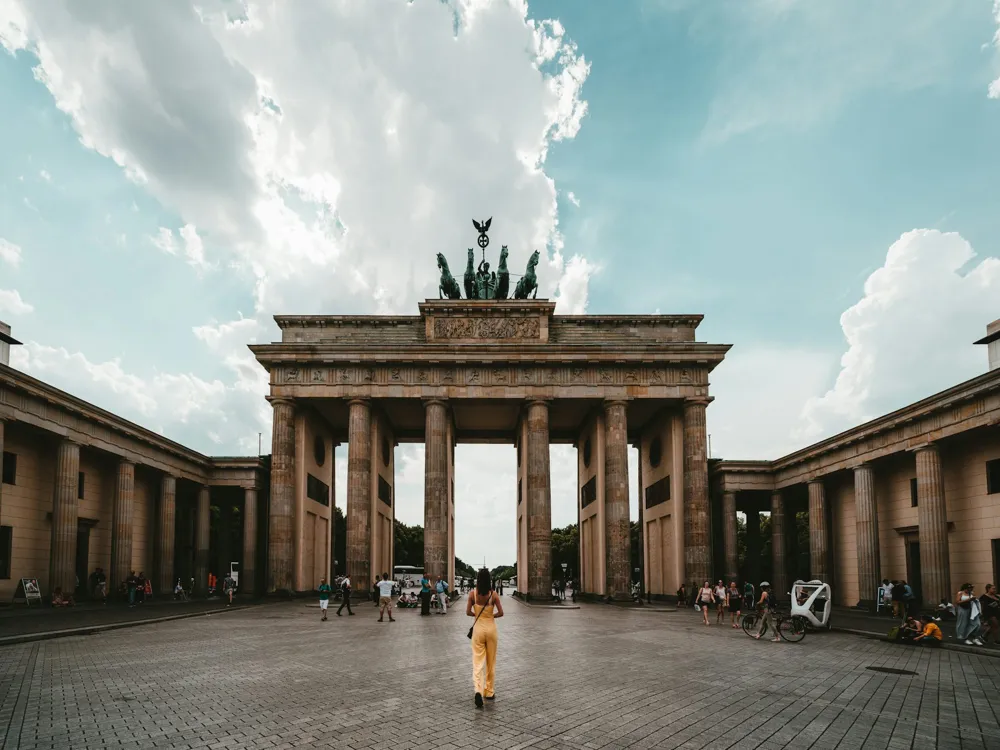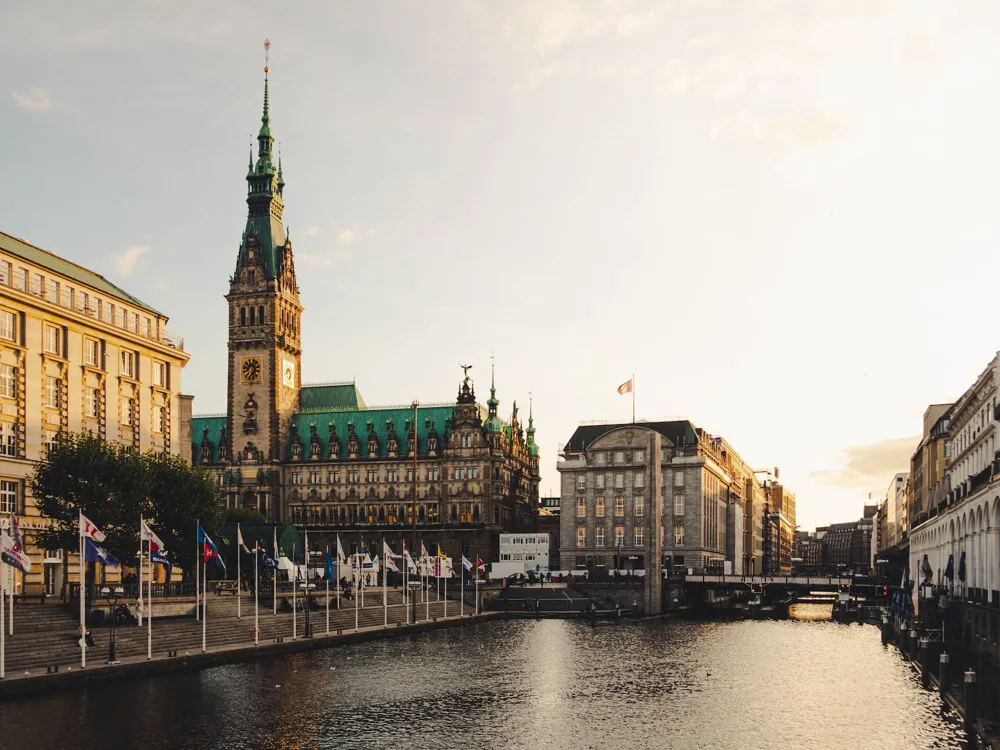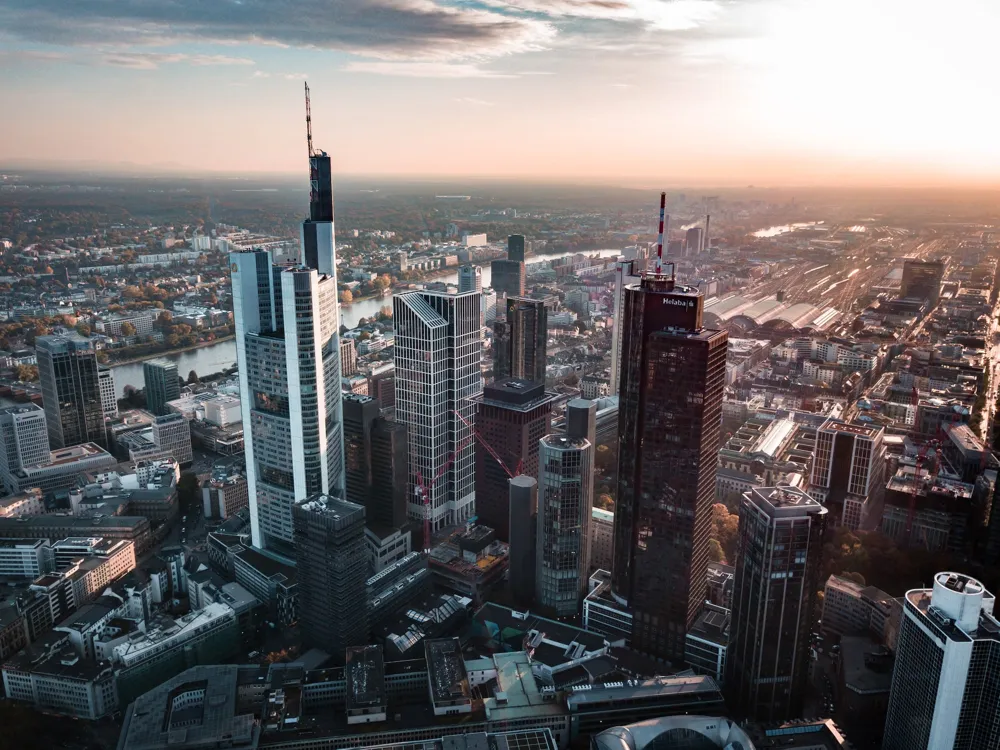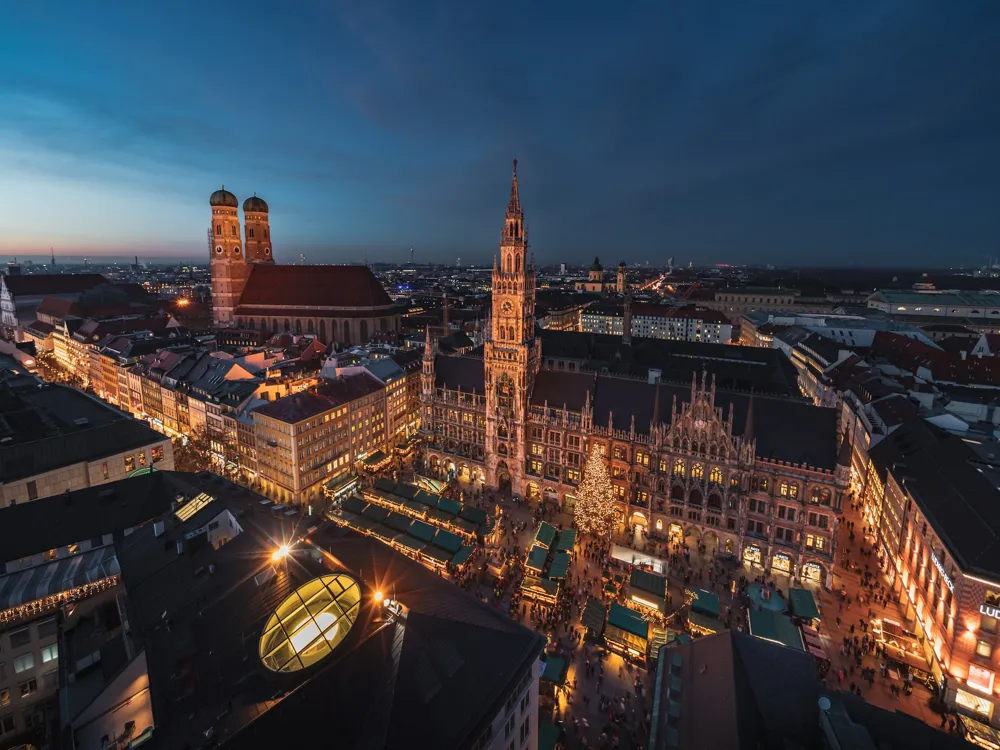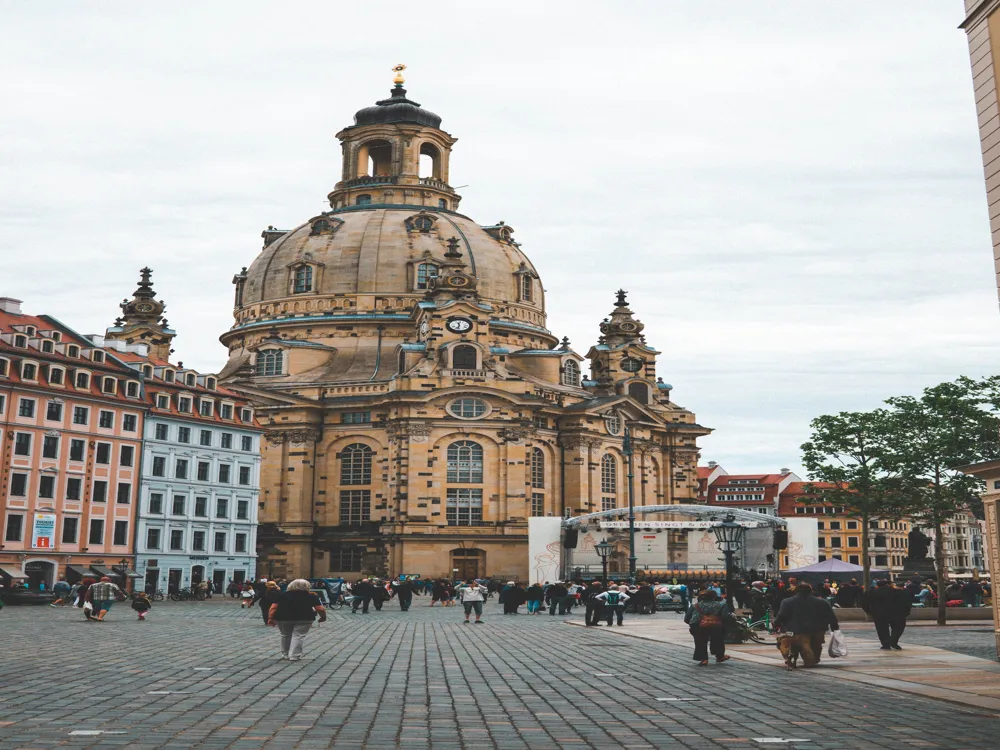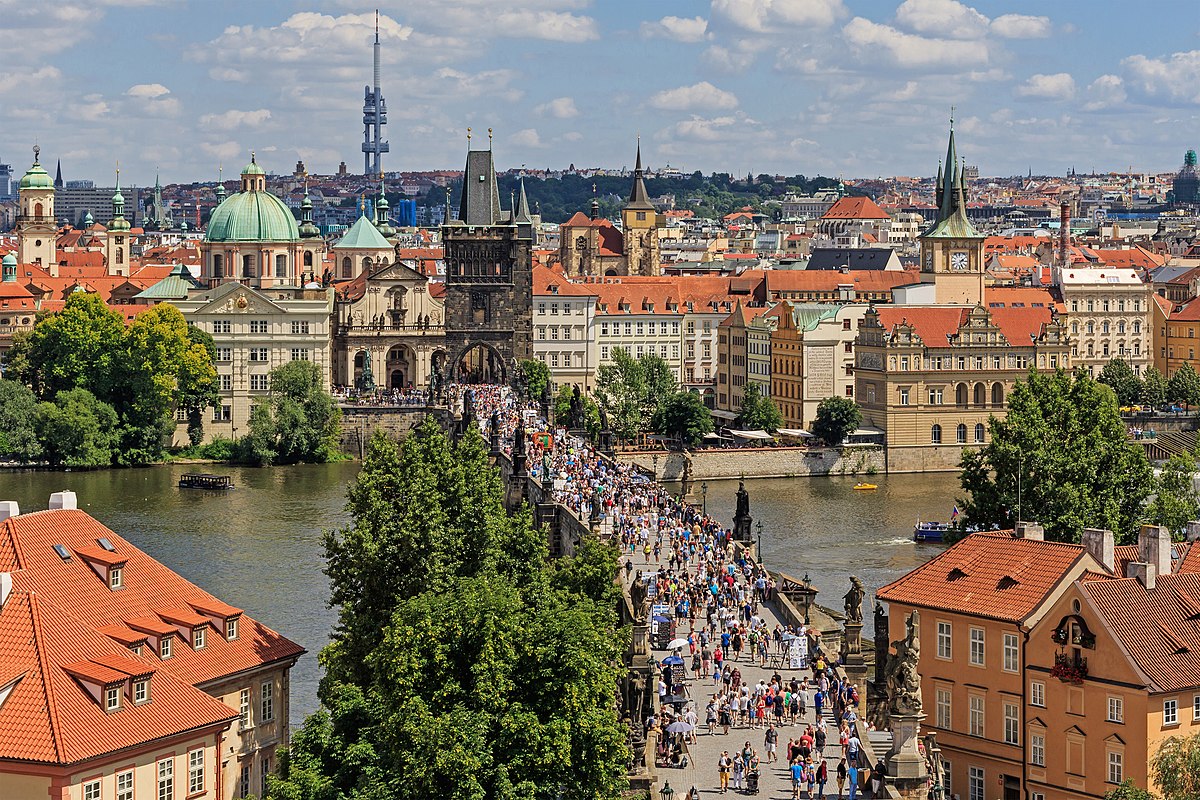What is the Best Time to Visit Germany?
Germany, a country rich in history, culture, and scenic landscapes, offers a diverse experience throughout the year. Understanding the best time to visit can enhance your journey and make it truly memorable.
May and June are the ideal months to travel to Germany. Berlin's festival scene comes alive in the springtime, when temperatures are nice during the day and slightly cold at night when the cherry trees bloom. Nonetheless, you may travel there at any time to take advantage of some of the nation's seasonal delights because it has a temperate climate all year round, with pleasant summers and chilly (but not freezing) winters.
Munich holds Oktoberfest in late September and early October. We advise staying away from Bavaria unless you are travelling there specifically to attend the event due to the region's extreme crowding due to its popularity.December in the nation also has an own wintry beauty. You may explore one of the lively Christmas markets in the towns or take in the picturesque view of snow-covered mountains and castles in the countryside.
Travelling to Germany: The Overview
Germany welcomes visitors with open arms every season, each offering a unique charm. Whether you prefer the lively atmosphere of peak seasons or the tranquilly of the off-season, Germany has something for everyone.The best time to travel to Germany depends as much on the weather as it does on your preferences for certain activities and experiences, because there are so many things to do there, ranging from festivals and events to hiking and excursions through the forests. Remember that time is crucial, regardless of whether your goal is to explore the cities alone or take in the breathtaking German Rhine Valley.The weather in Germany is typically mild from April to August and cold from September to March, following a trend that is typical of central Europe. See between July and September to maximise the likelihood of a dry holiday. Around 68°F to 86°F is the typical range of temperatures during this period.
Travel Peak Season in Germany
The peak season in Germany typically spans from March to June, attracting tourists with blooming flowers, pleasant temperatures, and various cultural events. During this time, cities like Berlin, Munich, and Frankfurt come alive with festivals and outdoor activities.
-
Summer (June to August):
- Reasons: The summer months, from June to August, constitute the peak tourist season in Germany. During this time, the weather is generally warm, and many regions experience longer daylight hours. Popular destinations, including cities like Berlin, Munich, and Hamburg, as well as scenic areas like the Bavarian Alps and the Rhine Valley, attract a high number of domestic and international tourists. Outdoor festivals, cultural events, and activities contribute to the appeal of summer travel in Germany.
-
Christmas Market Season (late November to December):
- Reasons: While not the traditional peak season, the period from late November to December is a popular time for travel due to the enchanting Christmas markets. Cities and towns across Germany transform into festive wonderlands, drawing visitors who want to experience the holiday atmosphere.
-
Spring (April to June) and early autumn (September to October)
- Reasons: Spring and early autumn are also popular seasons for travel in Germany. During these periods, the weather is usually mild, and the landscapes are vibrant, with blooming flowers in spring and colourful foliage in autumn. Tourists can enjoy a more relaxed atmosphere compared to the peak summer months.
Travel Offseason in Germany
If you prefer fewer crowds and lower prices, the offseason, from November to February, might be the ideal time for your visit. While the weather may be colder, the enchanting Christmas markets, snow-covered landscapes, and winter sports offer a unique and charming experience.
-
Late Autumn to Early Spring (November to March):
- Reasons: Late autumn to early spring is generally considered the offseason in many parts of Germany. During these months, temperatures can be cooler, and there may be fewer tourists. Popular destinations, including cities like Berlin, Munich, and Hamburg, may have reduced crowds, allowing visitors to explore cultural sites and historical landmarks with greater ease.
-
Winter (December to February):
- Reasons: Winter, especially from December to February, is typically the quietest time for tourism in many regions. While some areas, such as ski resorts in the Bavarian Alps, attract winter sports enthusiasts, other destinations experience reduced visitation.
-
Midweek Travel:
- Reasons: Travelling on weekdays, especially outside of major holidays, can often provide a quieter experience. Many tourists visit Germany on weekends, and weekdays may offer a more relaxed atmosphere in cities and tourist spots.
Germany Weather in Winter (November – February)
Germany transforms into a winter wonderland during the colder months, and each winter month has its own distinctive appeal.
Germany Weather in November
November marks the beginning of winter in Germany, with cool temperatures and occasional rainfall. It's an excellent time to experience the cosy atmosphere of German cities and enjoy the last of the autumn foliage.
Germany Weather in December
December brings the magical atmosphere of Christmas markets, where you can indulge in festive treats, shop for unique crafts, and immerse yourself in the holiday spirit. The weather is cold, but the festive ambiance warms the heart.
Germany Weather in January
January offers a serene landscape covered in snow, providing the perfect backdrop for winter sports enthusiasts. Cities are less crowded, allowing for a more intimate exploration of Germany's cultural treasures.
Germany Weather in February
As winter begins to wane, February provides a mix of chilly temperatures and hints of the coming spring. It's an excellent time to enjoy winter activities and witness the gradual transition to a more temperate climate.
Germany Weather in Summers (March to June)
As spring gives way to summer, Germany blossoms into a vibrant panorama of colours and activities.
Germany Weather in March
March marks the start of spring, with milder temperatures and blooming flowers. It's an ideal time for outdoor exploration and enjoying the awakening nature.
Germany Weather in April
April brings warmer weather, making it a delightful time for outdoor activities. Cherry blossoms adorn the landscapes, and outdoor festivals become more frequent.
Germany Weather in May
May offers pleasantly warm temperatures, perfect for exploring Germany's picturesque landscapes. It's a popular time for hiking, cycling, and enjoying the beauty of gardens in full bloom.
Germany Weather in June
June signals the beginning of summer, bringing long days and mild evenings. Outdoor events, music festivals, and al fresco dining have become popular, creating a lively and festive atmosphere.
Germany Weather in Monsoon (July – October)
The monsoon season in Germany is characterised by moderate temperatures and occasional rain, adding a refreshing touch to the landscapes.
Germany Weather in July
July offers a mix of warm temperatures and occasional rainfall, making it an excellent time for exploring both urban and natural attractions.
Germany Weather in August
August continues the summer ambiance, with pleasant temperatures and longer days. It's an ideal time for outdoor activities and cultural events.
Germany Weather in September
September brings the transition from summer to autumn, with mild temperatures and the beginning of fall foliage. It's a great time to enjoy the changing landscapes.
Germany Weather in October
October sees the arrival of autumn, with cooler temperatures and vibrant fall colours. It's an excellent time for scenic drives, hikes, and savouring autumn delicacies.
Conclusion
In conclusion, Germany offers a year-round enchanting experience, with each season showcasing its unique beauty. Whether you prefer the festive ambiance of Christmas markets, the vibrant colours of spring, or the outdoor activities of summer, Germany has something to offer every traveller.
What is the best time to visit Germany for Christmas markets?
The best time to experience Germany's enchanting Christmas markets is during December.
Are winters in Germany harsh?
While winters can be cold, they bring a magical atmosphere with Christmas festivities and winter sports.
Is it crowded during the peak season?
Yes, the peak season from March to June can be busy, but it offers a lively atmosphere and numerous cultural events.
Are outdoor activities possible in winter?
Absolutely! Winter in Germany provides opportunities for winter sports, festive markets, and scenic walks.
What is the monsoon season like in Germany?
The monsoon season, from July to October, brings moderate temperatures and occasional rain, creating a refreshing atmosphere.

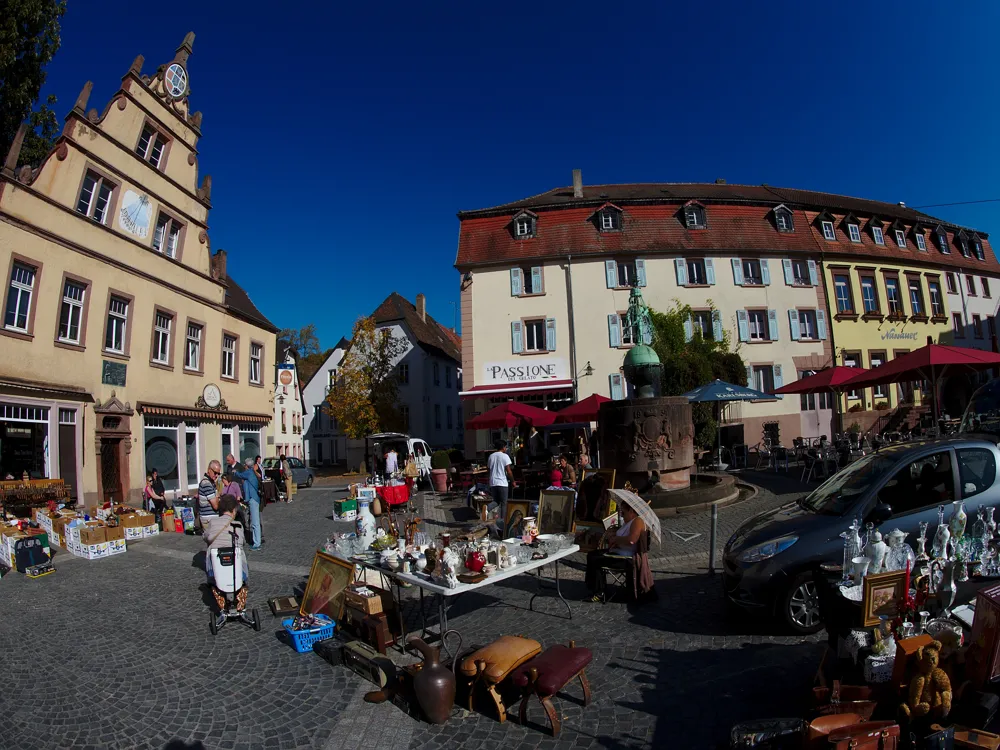
29944ajbjpg.webp)
ajbjpg.webp)

jpg.webp)




